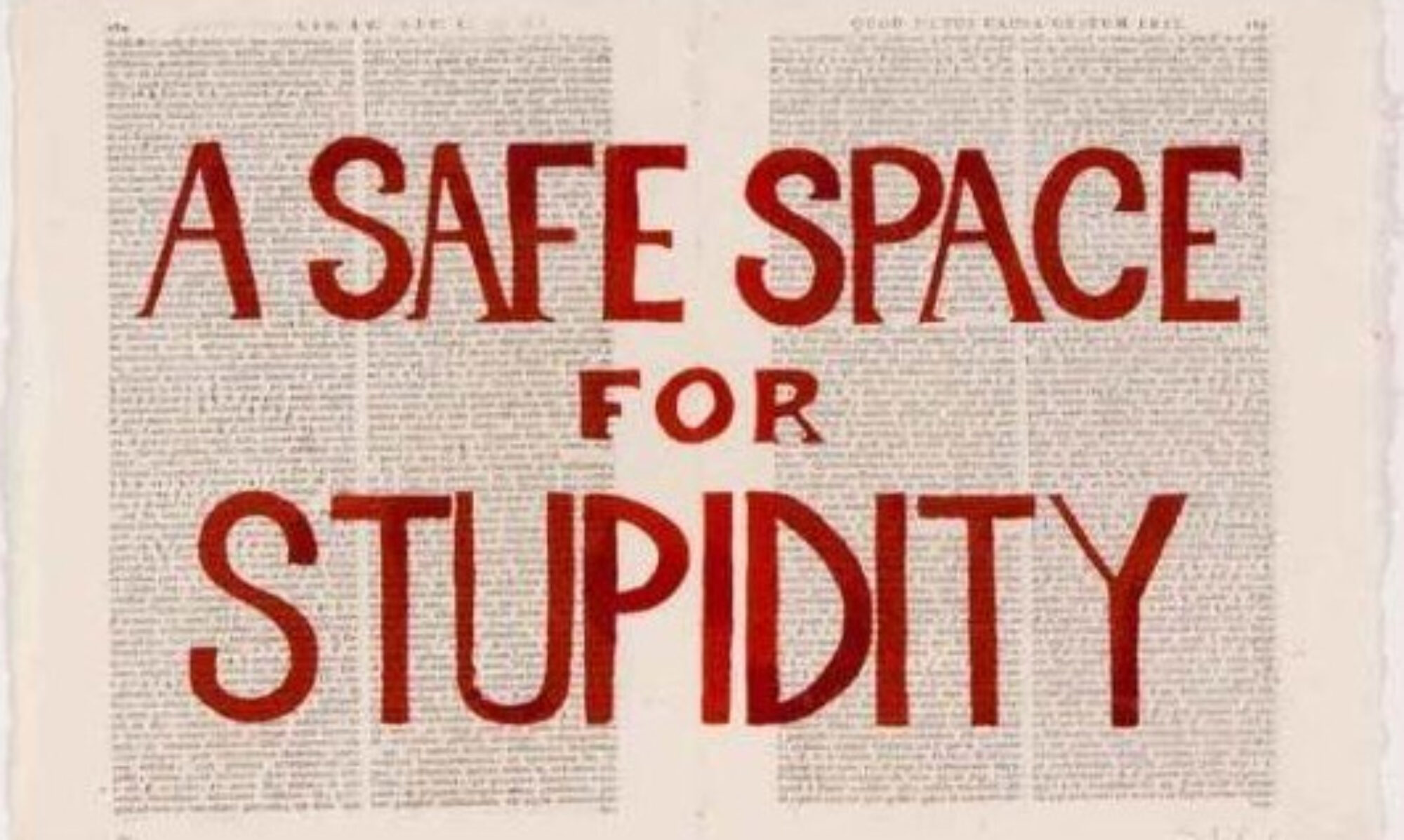For resentful white folks in search of a struggle with which to express solidarity, there is a rich seam of oppression to be mined in Ireland. Violence in Ireland has long been assimilated to the violence of national liberation struggles in the developing, or post-colonial, world. At a distance, some of the ambiguities can be fudged: in 1998, I attended a gig which turned out to be in aid of the Committee for the Self-Determination of the People of Ireland, at a centro sociale in Rome. The headline act was the Modena City Ramblers, who sound something like the Pogues would have done if they had been a bunch of communists from Emilia-Romagna (but I repeat myself). Their songs have included misty-eyed laments about Irish rain, Bobby Sands’ friends, and Che Guevara’s motorcycle trip. Their last release but one was a concept album about a joint Allied-partisan operation in 1945; on the cover was an SAS dagger and `Who Dares Wins’.
The affection of the Italian left for Ireland, or at least for an image of Ireland, is no surprise: the discourse of `struggle’, armed or otherwise, is a good fit for `solidarity’ with `oppressed peoples’. The mythologization of Ireland on the right is another thing entirely.
Should you ever find yourself near a demonstration in Italy, or watching a football match involving an Italian club, you will inevitably see flags featuring a stylized Celtic cross. The cross is an icon, in the literal sense of venerated symbol, because of its use by French Waffen SS troops, wiped out in the defence of Berlin against the Bolshevik hordes in 1945, but also for its connection to Ireland and Irish mythology. Like Hitler, the neo-fascist movement in Italy has long drawn inspiration from Norse mythology: one legendary street-fighter had a taste for charging left-wing demonstrations swinging a hammer over his head, Odin-like, rather than using the standard issue 36mm spanner. Clearly, a warrior myth is useful for people who use `hierarchical’ and `anti-democratic’ as compliments, and see Tolkien’s books as models of a well-ordered society, so much so that the 1970s neophyte Nazi spent his summers at `Camp Hobbit’.
Continue reading “Shifting Sands”
